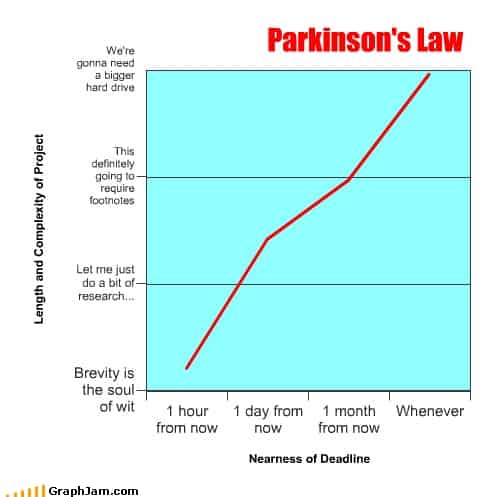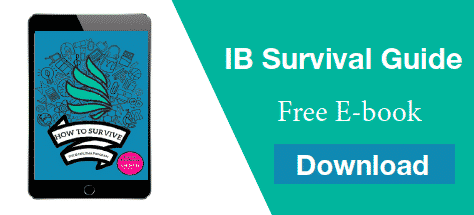You go to a party and someone is wearing the same outfit as you – if only you’d known! You’re playing COD and a camper kills you three times from the same hiding spot – if only you’d known! In the IB exam you don’t get the questions you wanted – don’t score the points you wanted – don’t get the university you wanted…if only you’d known. That feeling is horrible, realising what you need to do too late is the worst feeling, but it’s totally possible to avoid.

(everyone has regrets, make sure the IB isn’t one!)
This month I have been asking IB graduates what tips they wish they’d known when they started the IB. Here I’ve taken their advice and boiled it down to 5 key tips that successful IB alumni wish they had known all along. Hopefully some of it will be helpful to you because…now you know!
1. Write down tasks after you have completed them. I know this sounds completely mad. After all, why would you bother writing down a todo list for things you have already done. However, writing things down when you’ve finished them can be really useful. This gives you a list of things you have been successful with. Stick this list up above your desk – it will motivate you. Looking at your past successes is one of the best ways to get motivated, and having a ‘done list’ is this technique in its best form.

(positive thinking is very important to your success and your sense of self-worth)
2 . Sometimes it’s impossible to get yourself going in the morning. Or maybe you have an essay that you need to start but you can’t make yourself do what you need to. This is something that I struggled with when I did the IB but it isn’t too hard to solve. If you can’t get started with a big project, choose something super-easy and start that. For an essay, do some research, for your math homework do the first question, for French listen to a podcast. Just get going! Doing easy tasks is a great way to get started and to begin building up momentum.

3. Control your technology! Your teachers, your parents and your advisers all grew up in a radically different learning environment to you. They want to help you but they don’t know how distracting technology can be. You know how distracting Facebook can be, or how easy it is to start off doing research for your Internal Assessment and end up watching a trailer for the new Batman film.
But there are basically two things you can do to control your tech.
1. First, make a User Account on your computer that is just for studying. You shouldn’t log into your email, facebook etc. here. Using the Guest account can be a good idea. This will mean there are no games you can access, no social media etc. It’s much less distracting!
2. Secondly, try disabling the internet – you can switch off your router or use a free app like Cold Turkey or No Procrastination.
4. To concentrate you must take breaks. Your brain cannot absorb new information without regular breaks (Spacing your work out into blocks with breaks in between is the best way to remember new material). One thing I’ve noticed is that breaks only really work if you are doing something radically different from your work. For example, if I am sitting at a computer researching Ancient Rome for my history coursework, then sitting at my computer researching my friends’ ancient Facebook pictures isn’t much of a break. Instead try: getting food, getting a drink, going outside or listening to music (dancing is optional…but advised).

(Cool Cat knows how to do it!)
5. Parkinson’s law states that “work expands so as to fill the time available for its completion”. This means that if you have a long time to do a task, you will take a long time to finish that task. One way you can use this law to your advantage is to limit the amount of time you have. Let’s say you have 10 maths questions to do, you could sit with them on your desk for days! However, if you set yourself 2 hours to do the questions you will try your best to get them done in that time. If you didn’t leave enough time then give yourself more time on your next homework. Don’t try and give yourself more time or you will never believe the rules you set yourself.

Watch our free study videos here!




